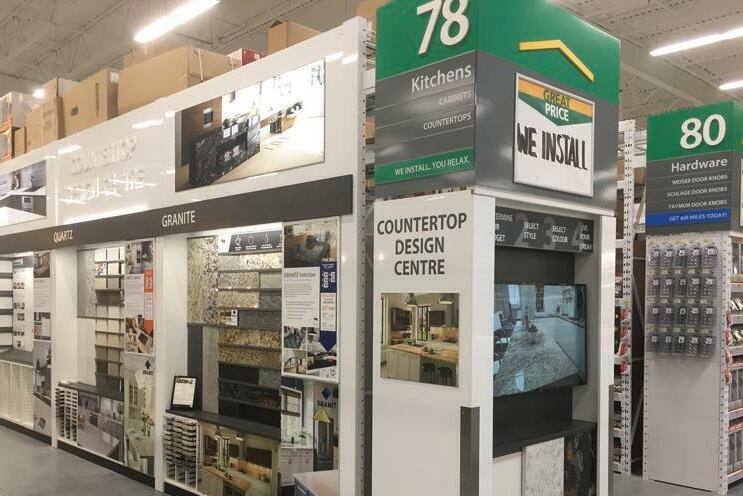
2 minute read
FLE SURVEY SHOWS DEALERS NOT AT ALL OPTIMISTIC ABOUT BUSINESS IN 2020
from HHIQ Q3 2020
While most provinces, save for Quebec and Newfoundland, saw modest to moderate growth last year, the first quarter of 2020 delivered two significant setbacks—the rail blockades and the spread of COVID-19.
Of course, the global pandemic’s impact has now far outlasted the shortages dealers experienced in the weeks of Wet’suwet’en protestors blocking rail tracks in an effort to halt construction on a B.C. pipeline. By the spring, as dealers prepared for some provinces to start reopening their economies, many finally had the opportunity to look ahead to how the crisis will affect their businesses longer term.
In mid-March, dealers in British Columbia, Manitoba and Saskatchewan reported seeing an upswing in sales as consumers stocked up on supplies to get them through quarantine or isolation. But looking ahead, collectively, they didn’t have high hopes for the rest of the year. In fact, as the year has progressed, they are feeling nothing but uncertainty.
Alberta’s stores have been hit hard as the impact of the COVID-19 crisis on retailers only added to the already weak conditions there. The pandemic’s downward pressure on oil prices has gutted the already ailing resource sector that drives the provincial economy.
On the East Coast, which also experienced weak growth in 2019, retailers reported being significantly impacted by a downturn in business in the wake of the pandemic. Newfoundland’s dealers especially expressed that they were preparing for the worst.
Ontario and Quebec, in contrast, both experienced solid growth last year, making the anticipated sales drops even more jarring. And while conditions—and outlooks—varied somewhat from province to province, the overall direction for the industry will be for negative growth for 2020. The impact of the COVID-19 crisis has already begun to flatten the expectations of most dealers for any positive growth for the remainder of the year.
Biggest Concerns On The Radar
When dealers were asked to rate their biggest concerns for the year ahead, the long-lasting impacts of COVID-19, staffing and availability of products rated highest. And a number of dealers who listed staffing and product availability as their top concern cited the pandemic as the root of that issue.
At the time of the survey, most provinces still had restrictions on even essential businesses. With hardware stores and building centres forced to move their business to online/over-the-phone orders and curbside pickup, many dealers reported learning the ropes of the new system and e-commerce in general as their top concern.
In what should have been a strong quarter for growth, dealers could suddenly only serve a few customers at a time, with staff running back and forth grabbing each of their items. On top of that, many immunocompromised employees have had to face a tough choice between working and prioritizing their health. And dealers are struggling with balancing supporting their employees and keeping the business running.
Naturally, finances rated high on the list of concerns as well. Flyer programs were also scaled back as home improvement retailers were discouraged from advertising non-essential items and consumers were encouraged to limit their shopping excursions— leading to significant missed revenue.
One dealer reported that in the midst of the pandemic, collecting on receivables has become even more difficult. Instead of being able to do what they do best—sell materials—they were forced to spend their valuable time chasing down funds owed to them.
However, despite the challenges they admitted to facing, some dealers made a point to offer up that their top priority remained keeping their staff safe and their communities supported throughout the pandemic. And some are keeping their ears to ground, intent on learning new best practices and taking away something positive from the crisis.
BY MICHAEL Mc LARNEY






